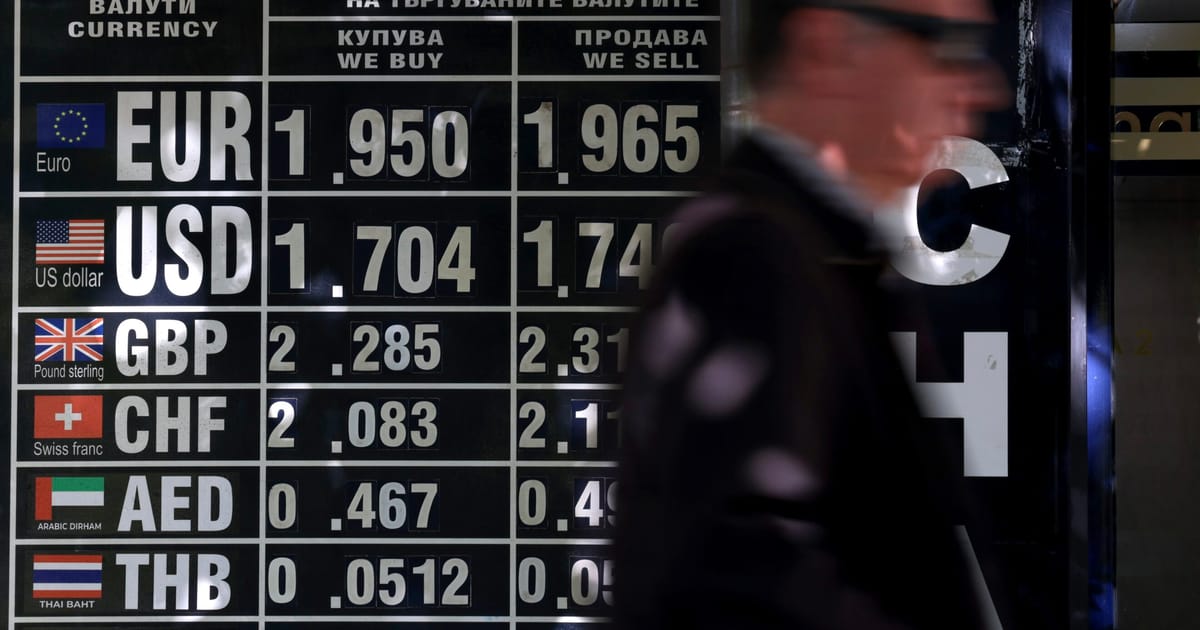But the financial authorities have tamed inflation, which averaged 2.7 percent in the 12 months through April. Domestic inflation had risen to 4 percent at the start of this year due to increases in VAT and the end of some pandemic-era support measures, but Suardi noted on Tuesday that the effect will be “temporary.”
Suardi also applauded Bulgaria for its “relatively flexible and efficient” labor markets and “very low” public debt which, at 24.1 percent of gross domestic product, is the second lowest in the EU and well below the 60 percent reference rate required to join the bloc.
“I wish to congratulate Bulgaria on its tremendous dedication to making the adjustments needed,” ECB Chief Economist Philip Lane said in a separate briefing.
But concerns linger — inside the country and outside. On Saturday, thousands of people took to the streets in Bulgaria, calling on the government to preserve the lev, which has been the country’s currency to date. As is usual during such transitions, there are fears that merchants and companies will use redenomination as an opportunity to raise prices, while increased trade with the rest of the bloc may also drag local prices higher.
“Ensuring price transparency and combating abusive price increases will require a special effort,” Dombrovskis warned, but noted that other countries that had made the same step had ultimately overcome any issues it created.
In a report, the ECB acknowledged that looking ahead Bulgaria needs to flank euro membership with “appropriate policies in order to avoid unduly jeopardizing Bulgaria’s competitiveness and to prevent the build-up of unsustainable levels of credit growth and other macroeconomic imbalances.”
